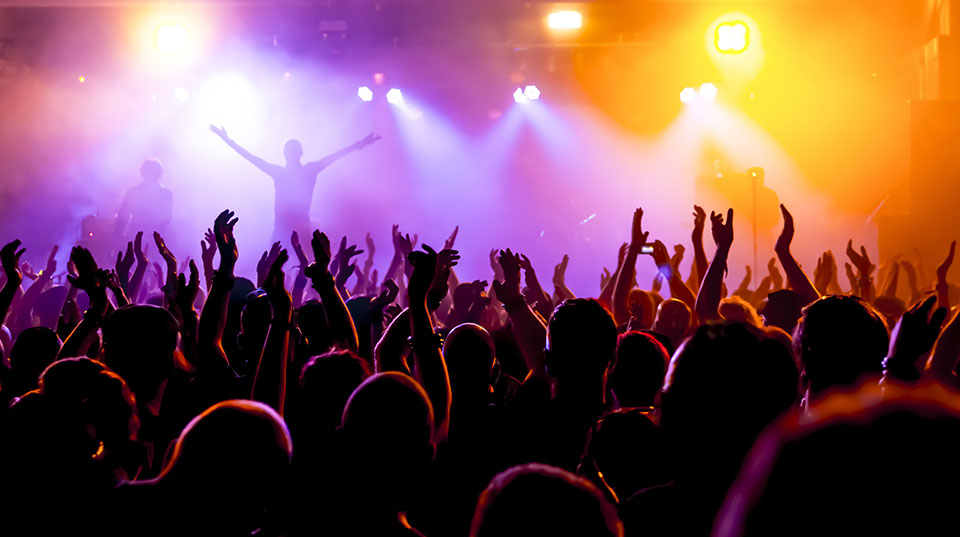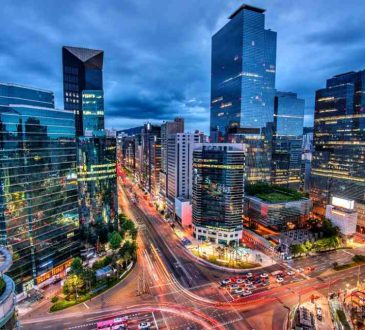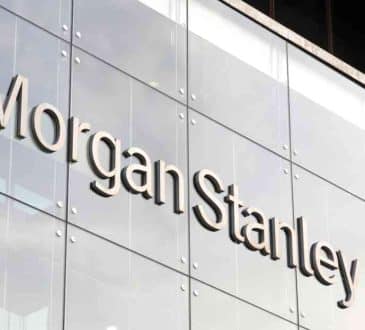Tips For Reopening Events After A Pandemic

Even prior to the onset of 2020’s global pandemic, hosting mid-to-large scale events of any kind required all involved parties to carefully organize and plan their coordination to make sure they launched and closed without issue. Now, as we look to enter the third year of the COVID-19 pandemic, your event planning checklist is bound to be more stringent than it has ever been, as guidelines regarding masks, social distancing, and other safety measures are still in effect in many parts of the country.
While this may seem intimidating, planning any kind of in-person reopening event after the pandemic starts just as it has with similar events in the past: with basic planning steps.
It may have been some time since you last coordinated and/or hosted an in-person event, but that doesn’t necessarily mean that doing so now has to be any more discouraging. By creating and adhering to a well thought out planning process and checklist, you can ensure that your event still receives the estimated ticket sales you and your coordination team expect it to, and that your event’s guest can attend it as safely as possible.
Recently, we sat down with Mike MacPherson, the Director of Sales and Marketing for VBO Tickets, and asked him what tips and advice he had to offer organizational leaders looking to plan in-person reopening events after the height of the COVID-19 pandemic. Here are some of the most valuable takeaways MacPherson had to offer.
Like anything else, start with the basics
“Opening events indoors again is likely to be the largest concern among promoters and patrons alike,” says MacPherson. “Before the pandemic, event planning largely consisted of selecting an appropriate date and venue for the event, designing a budget so that event organizers can be prepared for all expected costs — as well as some unexpected costs — and getting your team coordinated on marketing, promoting, and selling tickets to the event. Today, that process is going to look almost exactly the same, albeit with a few extra steps that organizers will need to take.”
As MacPherson explains, planning in-person events after the pandemic will require all involved parties to align even more deeply on their organization and coordination in order to consider extra factors and variables. For example, many indoor and in-person events are now also formed and promoted as “hybrid” events, in which guests can choose to attend either directly in-person or online via digital livestreaming services offered through platforms such as Zoom, Vimeo, and many others. Though creating a hybrid event will likely require more work on the front-end to coordinate in order to ensure guests attending virtually are able to do so without issue, it can also open your event up to a wider audience as some attendees may possibly feel unsafe attending events in-person.
Carefully consider safety risks and any pertaining guidelines
“For any hybrid or purely in-person events being planned after the pandemic,” MacPherson continues, “the process will require that certain guidelines be in place for all event organizers so that patrons feel more comfortable attending an event inside your venue. This means that organizers will not only need to adhere to federal guidelines in place by the CDC, but also any applicable local guidelines regarding health and safety risks and measures.”
This, MacPherson adds, is where an advanced ticketing solution, such as that provided by VBO Tickets, can provide event organizers with unique features. For instance, VBO’s social distancing features can apply automatically to your event venue’s seating maps, as patrons are selecting their seats on your website. Additionally, VBO Tickets lets event organizers adjust the number of enforced empty seats between those that have already been purchased.
“Buyers purchasing tickets to any event through our ticketing system,” MacPherson continues, “are able to view the event venue’s seating map within the ticket buying interface, so that they can select as many seats next to each other as they like, depending on the size of their party planned to attend. Once those seats are selected, another ticket buyer, who’s also selecting seats on their own computer or phone, will see non-selectable seats to the left and right of the seats sold. This is a fantastic way to enforce social distancing on assigned seating events. Promoters no longer need to manually hide or disable seats for patrons to purchase away from one another.”
According to MacPherson, similar to social distancing limit settings, event organizers using VBO’s advanced ticketing solution can set a total number of seats that the event venue will allow for sale. For example, if the venue in question normally holds 200 seats, you can specify through VBO’s system that only 100 total seats can be sold to attendees. This way, when a patron is selecting their seats via the venue’s seating map within the ticket buying interface on your website, they will see a message at the top that explains there is a capacity limit of 100, as well as a count of how many more seats are available and where they are on the seating map.
“Once this limit is reached,” MacPherson says, “no more seats can be sold. This is also a great way to automate in-person reopening events without the need to manually remove seats from a venue’s unique seating map.”
Selling points to increase event ticket sales
Planning in-person events and reopening events after a pandemic doesn’t necessarily need to be a more stressful experience for organizers. Though adhering to federal and local guidelines to ensure the health and safety of attendees will require organizers to be more stringent in their coordinated planning for events to go off without a hitch, some of these guidelines are equally likely to serve as additional selling points for a number of potential attendees.
“Almost every venue will now share their health and safety plans with patrons right off the bat,” MacPherson tells us. “If guests better understand what to expect when attending an event, they are more likely to feel comfortable with attending in-person.”
Along with sharing safety information with event attendees upfront, other selling points to guests can include an integrated and automated refund policy in the event that health conditions change in the time leading up to the event date. If attendees know that a venue or event has a refund or cancellation policy in place, they will tend to be more willing to purchase a ticket to the event, which can translate directly into higher sales volumes of tickets.
To add to this, many venues still have lower capacity numbers due to safety restrictions initially enacted during the height of the pandemic. While this may seem like a detriment, hosting an event with a smaller number of total allotted attendees grants organizers the ability to market it as a smaller and more exclusive event. Taking into consideration how many attendees your event will allow for can grant you and your team of organizers the opportunity to fluctuate ticket prices accordingly, depending on the date, time, location, and nature of the event being held.
“One other concern with reopening events after a pandemic is the process of patrons buying food and merchandise at the venue,” says MacPherson. “With improper social distancing at vendor stations, large crowds could easily develop, putting the health and safety of patrons at risk within your venue. To alleviate this big concern, VBO Tickets suggests selling merchandise or even food ahead of time, while patrons are buying tickets online. Implementing an initiative such as this can further contribute to guests feeling more secure while attending the event and help lead to an increase in the amount of revenue generated via ticket sales to the event itself.”
Written by Mike MacPherson.
Add CEOWORLD magazine to your Google News feed.
Follow CEOWORLD magazine headlines on: Google News, LinkedIn, Twitter, and Facebook.
This report/news/ranking/statistics has been prepared only for general guidance on matters of interest and does not constitute professional advice. You should not act upon the information contained in this publication without obtaining specific professional advice. No representation or warranty (express or implied) is given as to the accuracy or completeness of the information contained in this publication, and, to the extent permitted by law, CEOWORLD magazine does not accept or assume any liability, responsibility or duty of care for any consequences of you or anyone else acting, or refraining to act, in reliance on the information contained in this publication or for any decision based on it.
Copyright 2024 The CEOWORLD magazine. All rights reserved. This material (and any extract from it) must not be copied, redistributed or placed on any website, without CEOWORLD magazine' prior written consent. For media queries, please contact: info@ceoworld.biz
SUBSCRIBE NEWSLETTER








